It is time for us to finally break with the beautiful legends surrounding the European Union, or the alliance between European states in a broader sense that has existed for seventy years, and to take the facts as our basis.
Firstly, the statement is not true that the so-called founding fathers envisioned the European Union as an alliance of equal nations organised bottom-up. The opposite is the truth: they wanted a super-federal union under centralized control and this intention has apparently remained, growing ever stronger. Secondly, the push for creating the EU came from the outside, on part of the US and global elites. Thirdly, the EU was envisioned by many - and highly influential people - as the first stage of a broader form of world governance.
By the way, just keep in mind that the European Union was awarded the Nobel Peace Price in 2012. It deserved it. Speaking about the Russia-Ukraine (more precisely, US) war recently, European Union High Representative for Foreign Affairs Josep Borrell stated: "we are in war mode, urgent war mode". On January 10, 2023, NATO and the EU concluded an agreement on future strategic cooperation. Obviously, as a sign of commitment to peace.
But now let's look at some facts in the context of my three statements above.
Georges Berthoin, the most globalist of the 'founding fathers' and former chief of staff to Jean Monnet, said in 2010:
What we have developed in Europe will one day be usable in world governance and that is the great challenge of the 21st century. An inspiring example was George Bush Senior’s speech before the General Assembly of the United Nations in 1990 when he was still President of the United States. In his speech, he stated that he hoped for the creation of a new order based on the European model.
George Bush delivered the speech in question at the UN on September 11, 1990. Eleven years later, on September 11, the World Trade Center towers collapsed, under circumstances that are still unclear, but which undoubtedly paved the way for the United States and globalists to widen their rule.
Let us return to the beginnings of the Union.
Count Richard Coudenhove-Kalergi, an Austro-Hungarian diplomat, launched the Pan-European Movement in 1922, which aimed to unify Europe, supplanting nation states with a racially and culturally mixed population. He had predecessors, but he was the first to take concrete and significant steps towards the realization of a supranational state. Baron Louis Rothschild immediately lent support to Coudenhove-Kalergi and directed him to Max Warburg, who donated sixty thousand gold marks to the noble cause.
Winston Churchill also backed Coudenhove-Kalergi's plans for European integration, and called for a United States of Europe (based on Coudenhove-Kalergi's ideas) in Zurich in 1946. With Churchill's strong support, the European Movement was founded in The Hague in 1948, and became the Council of Europe in 1949.
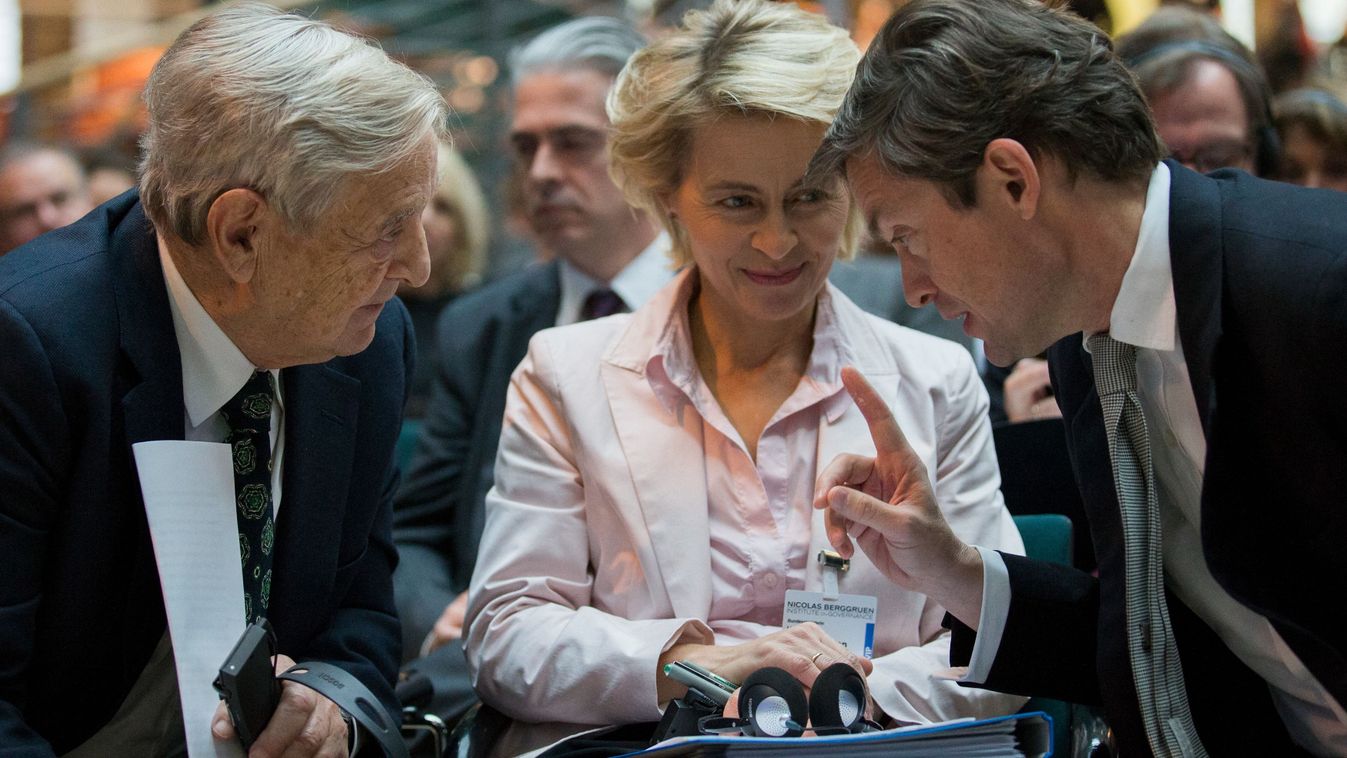
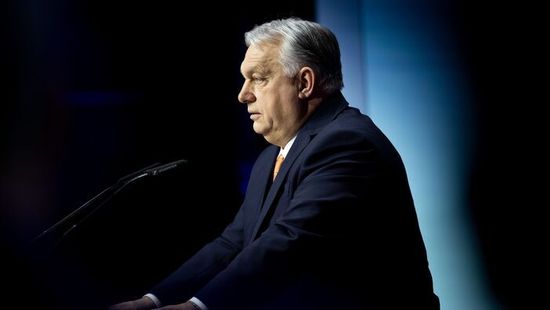
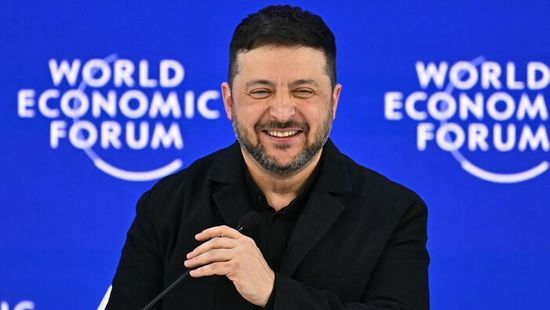
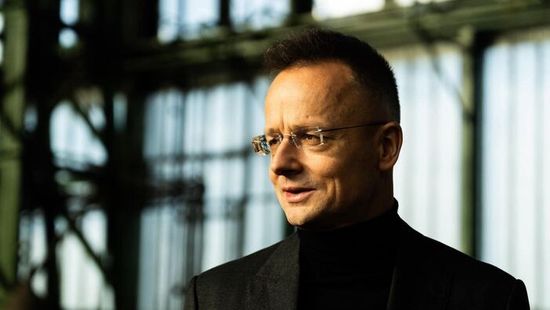
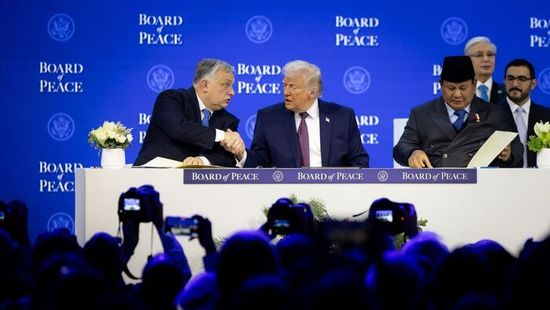

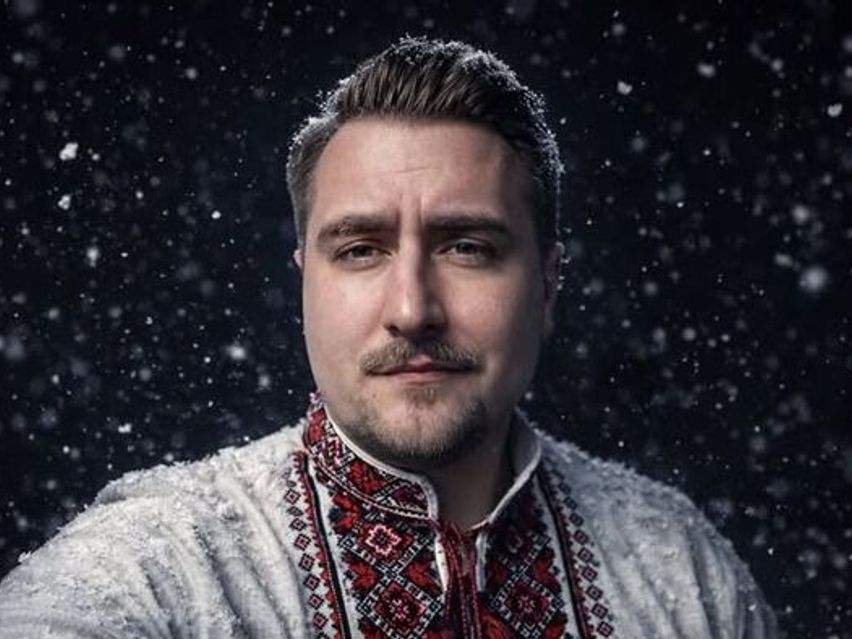

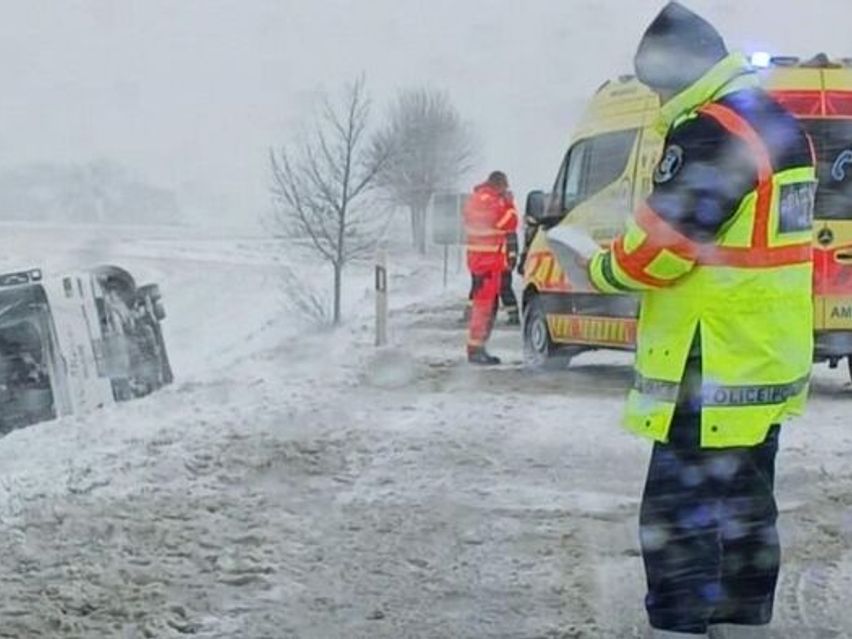


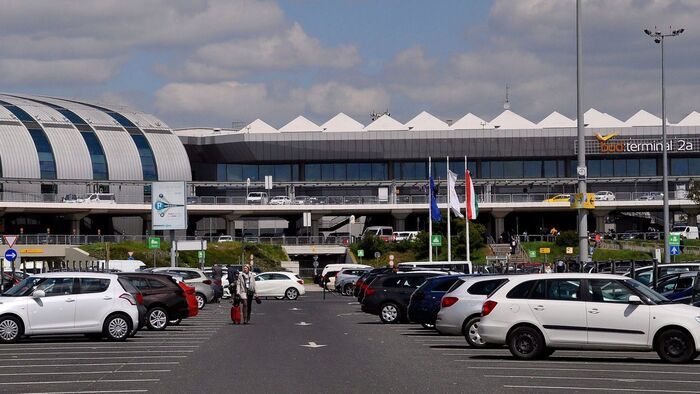
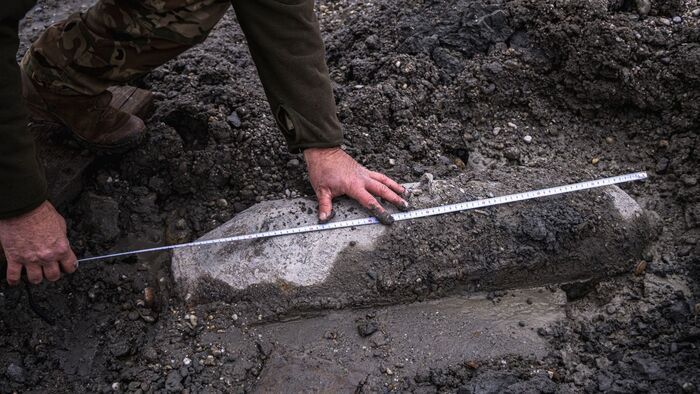
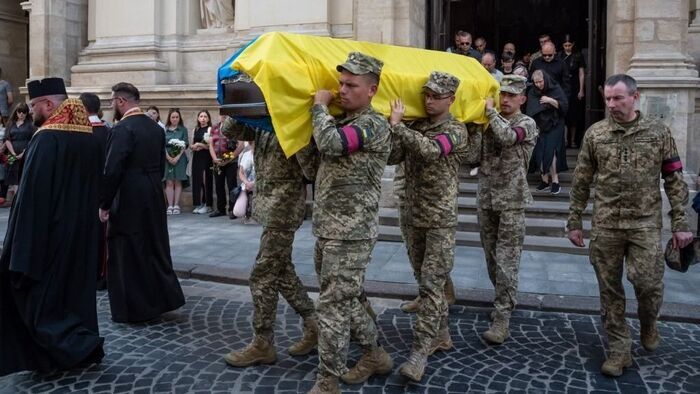
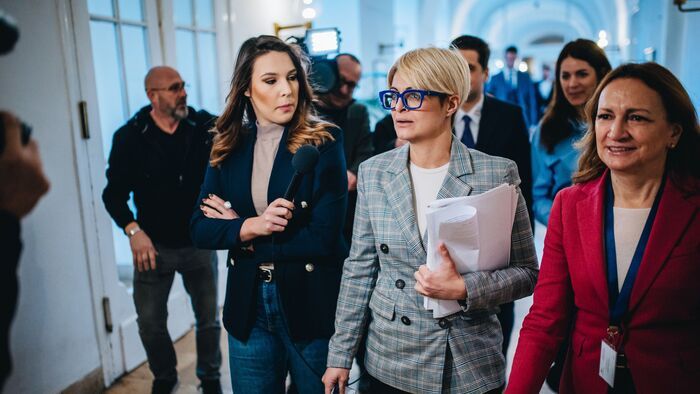
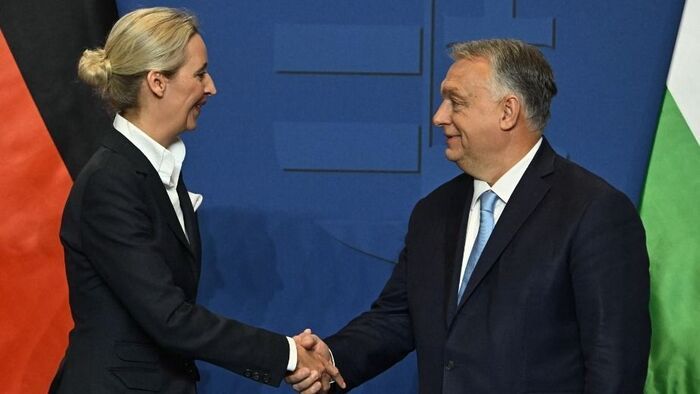
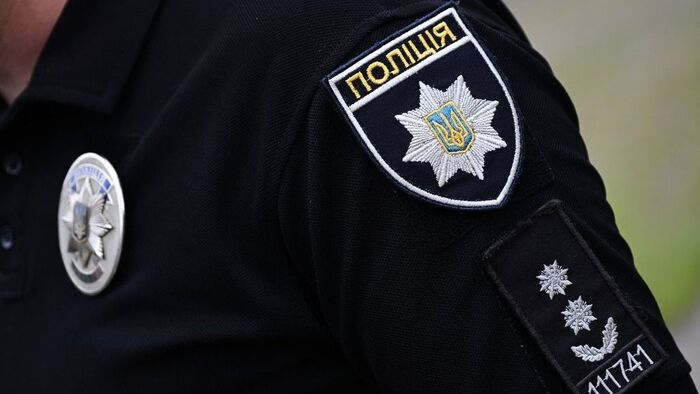
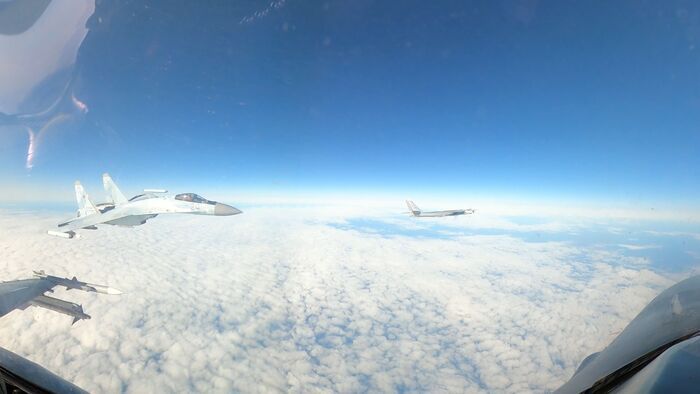


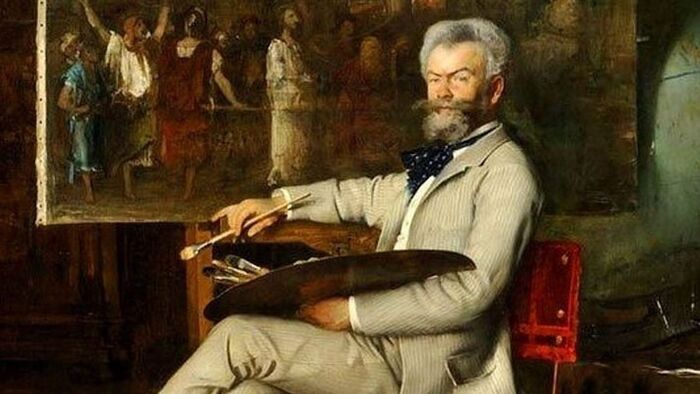
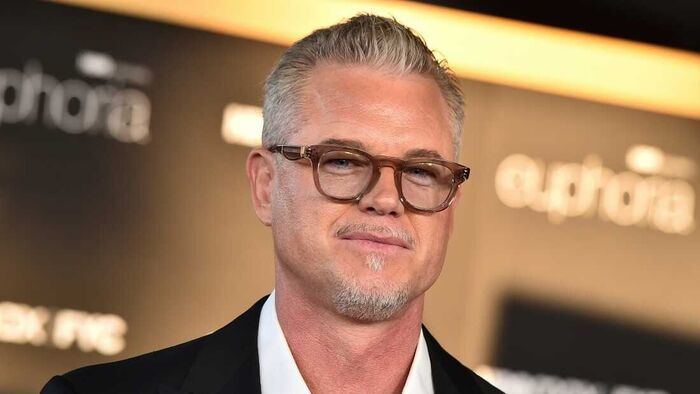

Szóljon hozzá!
Jelenleg csak a hozzászólások egy kis részét látja. Hozzászóláshoz és a további kommentek megtekintéséhez lépjen be, vagy regisztráljon!